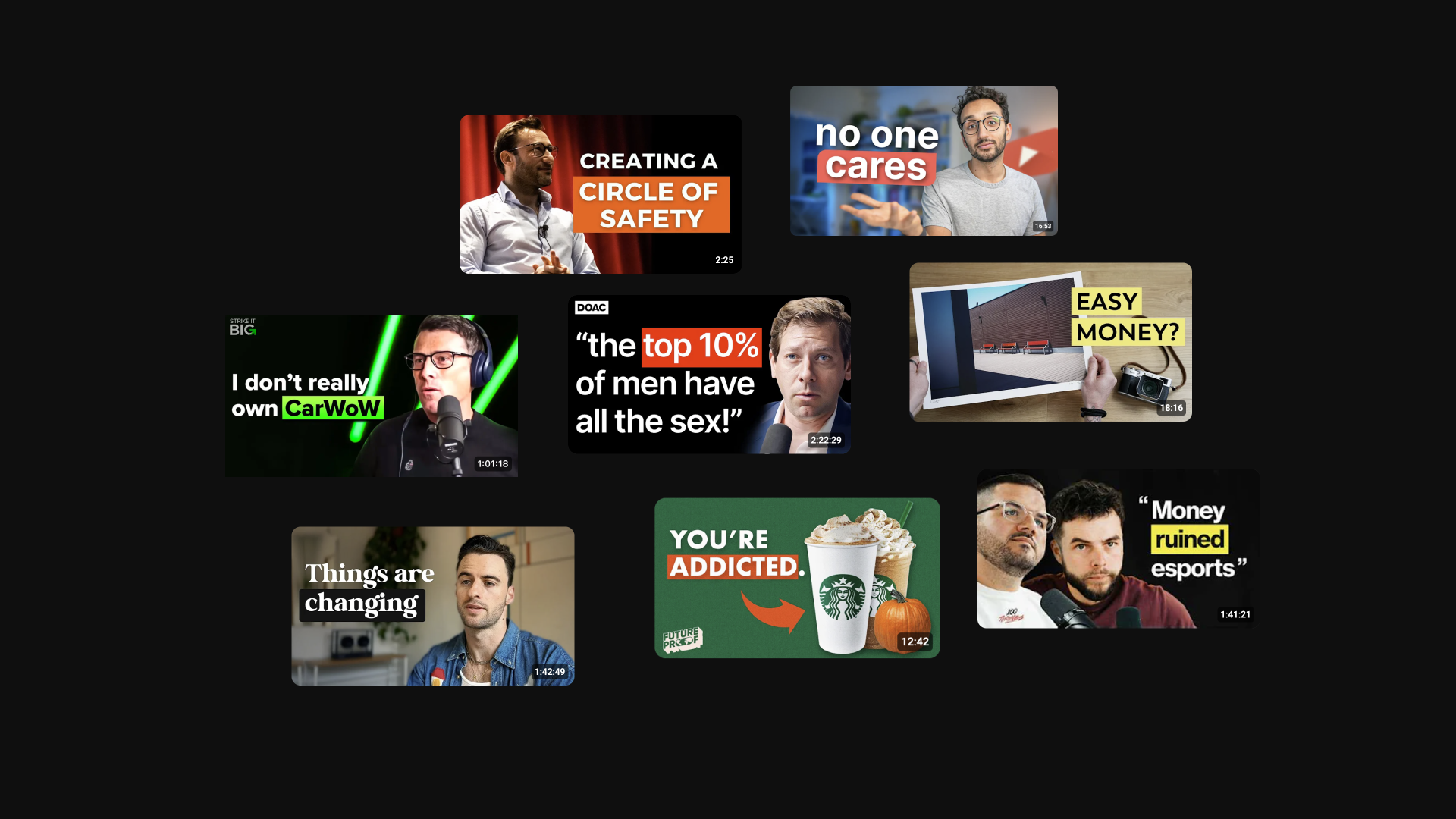In the Summer of 2008, the internet suddenly became real. I was on a ferry crossing Lake Constance towards Germany for an extended camping weekend with people I’d never seen before in my life. All I knew about them was their voices. I was exhilarated and nervous.
They had one thing in common: They all played games in the same, what was then called «clan». The group was formed in 1999, mainly communicating via a forum and a TeamSpeak server. I joined in 2005.
It was a time before big social media platforms devoured our attention. In hindsight, a more innocent, wild, and naïve time as well.
But there I was, on this campsite, 17 years old and surrounded by people who suddenly became faces. It was a thrilling moment. I still am in regular contact with some of them. They became friends beyond gaming; we grew up together. Virtual sandbox buddies.
Today, forums and TeamSpeak have been crushed by Discord, messenger apps, and social media. The internet has crept into every crevice of our lives, yet it feels smaller and less exciting than ever.
Passive Consumption
Risking to sound like a boomer: I think the internet was a better place a decade ago.
It’s a bold claim, but here’s my argument: The algorithmic curation of any content makes everything boring eventually. There are two routes charted by the algorithms that end up at the ultimate boredom station.
First, let’s look at the user’s perspective. While algorithmic curation may improve the experience at first, it will finally lead to a state where you get more and more of the same. You might even enjoy that, but the joy you get from discovery fades fast.
To feel any kind of satisfaction or reward, you have to put a certain amount of effort into it. But algorithms relieve us of that effort, casually serving us what they think we might enjoy based on the past. And so we spend more and more time on these platforms to find the next big dopamine hit we’ll never achieve because we didn’t put in any effort.
It’s beneficial for the companies running these platforms but not so much for us.
The second perspective is the one from the creators. As algorithms dominate the distribution of content, creators have to bend themselves to their will (which is ultimately the will of the companies creating the algos).
So, to gain any kind of larger following, a monetisable audience, you have to play the game. Which means that more and more content seems the same. The most wonderful illustration of this phenomenon provides YouTube thumbnails.

Okay, admittedly, this sounds a bit too fatalistic, and plenty are out there creating unique things. Yet, when did you last open a social media platform and feel excited about anything you saw?
There was a time when Twitter and Facebook were my main sources of news and entertainment. I killed both accounts within the last twelve months. They felt neither social anymore nor did they provide any kind of value to my life. It became an ever more passive consumption than true interaction. (And in the case of Twitter, I couldn’t continue to support this out-of-control dumpster fire by a right-wing loon.) I don’t miss them one bit.
And as I feel rather similarly about Threads or Instagram, I try to cut time spent there to a minimum. Funny enough, it wasn’t a time limiter that helped to reduce my usage but simply deleting them from my phone’s homescreen. No temptation; prohibiting muscle memory to simply tap the icons.
No Pleasant Place
As I wrote in a previous newsletter, 2024, so far, has been a year of focus, reduction, or maybe even retreat to a selected few things.
I began supporting people on platforms like Patreon; entering smaller but real communities on Discord servers or WhatsApp groups where genuine interaction still occurs. I browse directly to websites instead of routing via social media. Sometimes, it even feels a bit like 2008 again.
But ultimately, I can’t stop feeling a slight disillusion with the state of the internet. Once I perceived it as a tool to connect with likeminded people and share ideas. And to some extent, it still is, but the dominating part today is passive consumption of algo-pleasing content, AI-generated bullshit, and advertising spam.
It’s neither a particularly interesting nor pleasant place to be.
Vapor Hypes
Despite all that, simply logging off is also not an option. Too intertwined is the internet already with our lives. But a more reflected, critical use might just be the right prescription—both individually and as a society.
Because if we’re honest: What’s left of the latest internet and technology hypes? Crypto? NFTs? Metaverse? Nothing really… And aside from useful niche applications like medicine, where’s the actual value of large language models in everyday lives?
Silicon Valley is frantically searching for the next big thing and failing. And just maybe, that’s not a bad thing if we collectively move away from this infested hyper-growth, «move fast and break things» mindset.

